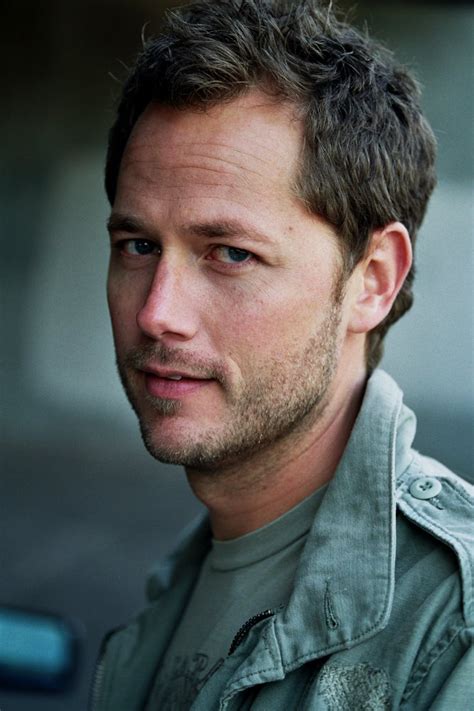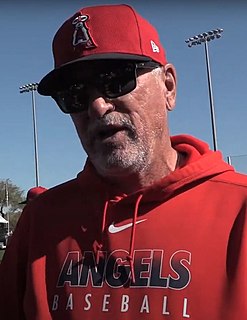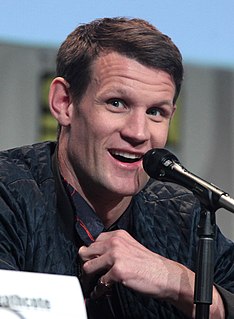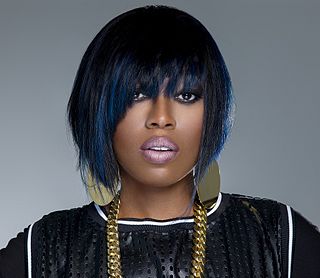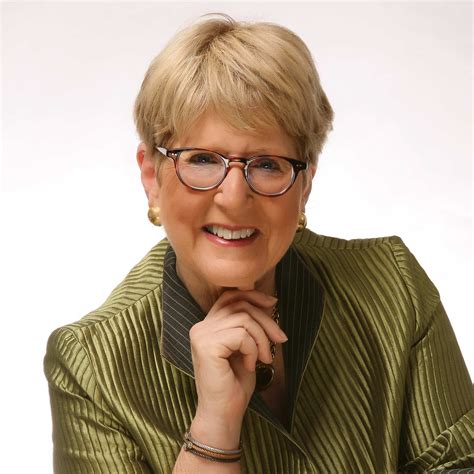A Quote by Troy Carter
I stay away from the arts... writing songs, being creative - those are downloads from God. You can't do data analytics on art.
Related Quotes
Art and poetry cannot do without one another. Yet the two words are far from being synonymous. By Art I mean the creative or producing, work-making activity of the human mind. By Poetry I mean, not the particular art which consists in writing verses, but a process both more general and more primary: that intercommunication between the inner being of things and the inner being of the human Self which is a kind of divination (as was realized in ancient times; the Latin vates was both a poet and a diviner). Poetry, in this sense, is the secret life of each and all of the arts.
Through our own creative experience we came to know that the real tradition in art is not housed only in museums and art galleries and in great works of art; it is innate in us and can be galvanized into activity by the power of creative endeavour in our own day, and in our own country, by our own creative individuals in the arts.
Really, whatever I was seeking and looking into in those days like creative arts, chant, the muse being in touch with the muse for poetry and writing and music. It's all part of the spirit and if we look particularly at Hinduism and Buddhism, the tantric stream of those traditions totally embraces all aspects of human life and life on this world.
The really creative person is not interested in dominating anybody. He is so utterly rejoicing in life - he wants to create, he wants to participate with God. Creativity is prayer. And whenever you create something, in those moments you are with God, you walk with God, you live in God. The more creative you are the more divine you are. To me, creativity is religion. Art is just the entrance to the temple of religion.
Prepare for every negotiation... 1) Focus on Outcomes. What is it that you want to walk away with? Being as specific as possible also increases the likelihood of negotiation success. 2) Support your desired outcome with data that points to its reasonableness. 3) Writing down your key points in advance - and practicing them - enables you to stay focused on what's most important and avoid going off on tangents. 4) Err on the side of asking for more, rather than less [of what you really want]. 5) Be willing to walk away.


